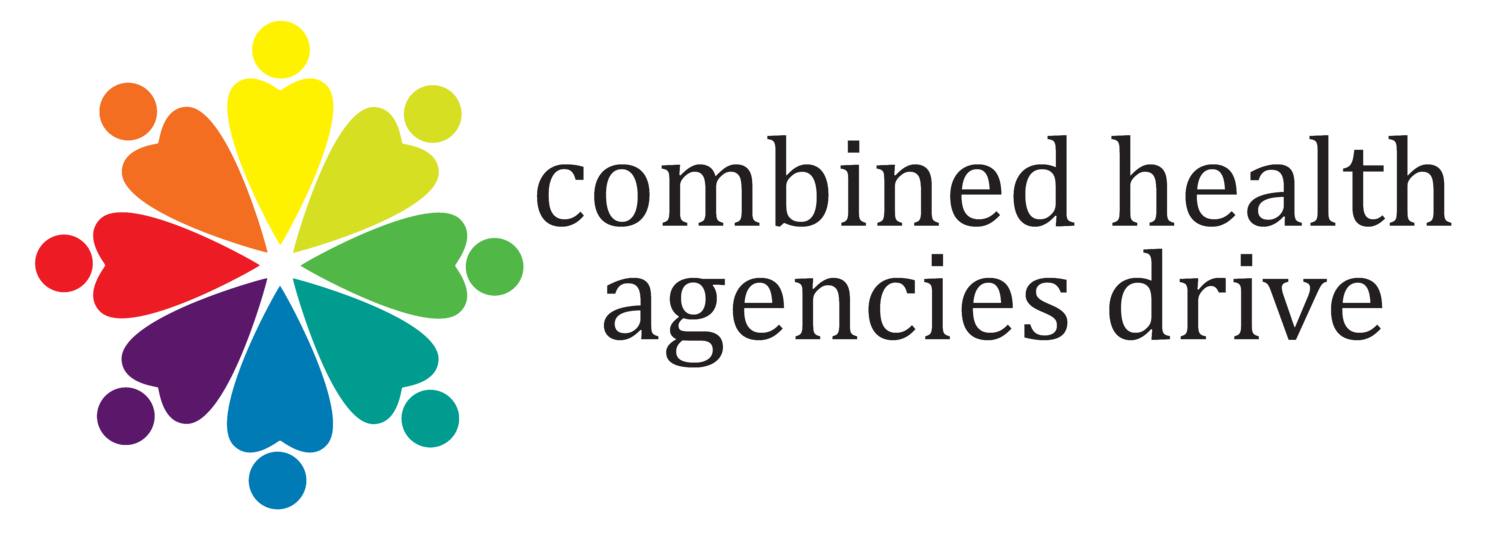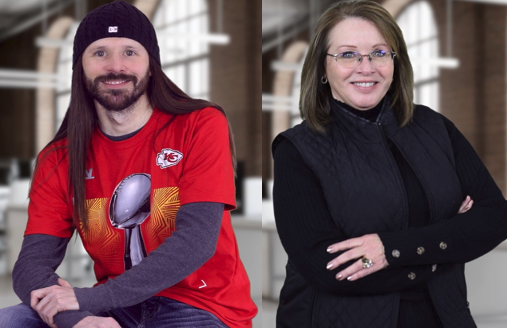Jordan and Joy’s Story
Jordan Hallstrom and Joy Lewis: Finding Meaning in Helping Others
Written by Chris Stewart, BIA-NE Resource Facilitator
As a Resource Facilitator for the Brain Injury Alliance of Nebraska (BIA-NE) I have the privilege of talking to many individuals that have experienced a brain injury and their caregivers. What I hear most is their need for meaningful connections with others that have shared experiences. Together we work to overcome the challenges of a TBI, concussion, stroke, infection or anoxic brain injury; and support families overwhelmed by caring for loved ones that appear to be, “fine.”
Jordan is now in his thirties. At 18 years old Jordan was a typical teen looking forward to all the promises of adult independence and enjoying hanging out with peers. Jordan’s life changed in the brief time it takes for an accident to occur. Jordan awoke five days after his car crash. When he showed that he was still able to walk, talk, eat, brush his teeth and recognize his family, he was released from the hospital to the care of his mom. Jordan’s best friend was in the car with him. He sustained a spinal cord injury and needed to use a wheelchair for the rest of his life.
You know the journey. The guilt that can come from feeling responsible for the accident. The nagging, “what if”, “I should have”, “if onlys” that may accompany depression, social anxiety and PTSD symptoms. The lasting cognitive effects that change the trajectory of all the future plans and goals impacting the dreams of what was to be before the accident. The friend and his family forgave Jordan after the accident. For Jordan, it has taken years to forgive himself and there are still days when uncontrollable ruminations can be devastating.
I wish everyone had a caregiver like Joy; fun, empathetic, smart and supportive. Even Joy acknowledges that it hasn’t been easy. As we have all experienced, the injury doesn’t just affect the individual but their whole social network. It transforms a parent, friend or sibling into the role of a caregiver. As the journey continues a tension develops between the desire for independence and the continued need for support. While our loved ones may become isolated finding it easier (not better, preferable or even safer) to be on their own, the caregiver tries to remain constant. Not that the individual is always appreciative or affirming of their caregiver’s devotion. “It’s my life. I’ll do what I want.”
They experienced the initial shock followed by the realization and relief that it could have been worse, the frustration of the ongoing comparisons with the present to the past, and the struggles in finding ways to deal with the lasting effects of the injury.
What is lacking in all these stages is a sense of control even years later. Things are happening that you don’t understand and that are so foreign to who you were before the accident. It is confusing and causes anxiety that in turn causes the individual to retreat from family and community engagement. The individual sees their retreat as a way to protect others from the pain and frustration that they are dealing with on a daily basis. To the family this retreat is painful even though they understand their loved one needs to do what is best for them.
Have you tried building connections on sites like Facebook? Do you feel almost assaulted by all the postings that we have no control over? Smartphones can be used for reminders, if you know how to set them up. Concerned caregivers stay connected with their loved ones using their phones. While well intentioned, daily caregiver calls to ask, “Are you okay?” can get pretty irritating. Jordan found a way to adapt these kinds of connections to work for him through a smartphone app called Live Better & Connect (LB Connect).
Live Better & Connect is an application that was designed by Jordan, Joy and their team. The app is currently being developed and will be released in 2021. The app is customizable and allows each individual to decide how they want to use the app. The app allows individuals to set up their own daily/weekly routines, track emotional status, send reminders and notifications, and provide connections with other members within the TBI community. Family and caregivers can view the data provided by the individual and have assurance that their loved one is okay or if not, be able to reach out to them, all without causing the feeling of being intrusive.
The BIA-NE mission of “Creating a better future for all Nebraskans through brain injury prevention, education, support and advocacy” is achieved through the efforts of people like Jordan and Joy. The app is an opportunity for peer support and a daily life support tool for the thousands of Nebraskans living with the effects of a brain injury and their caregivers across the state. If you are interested in learning more about LB Connect visit their website here.

